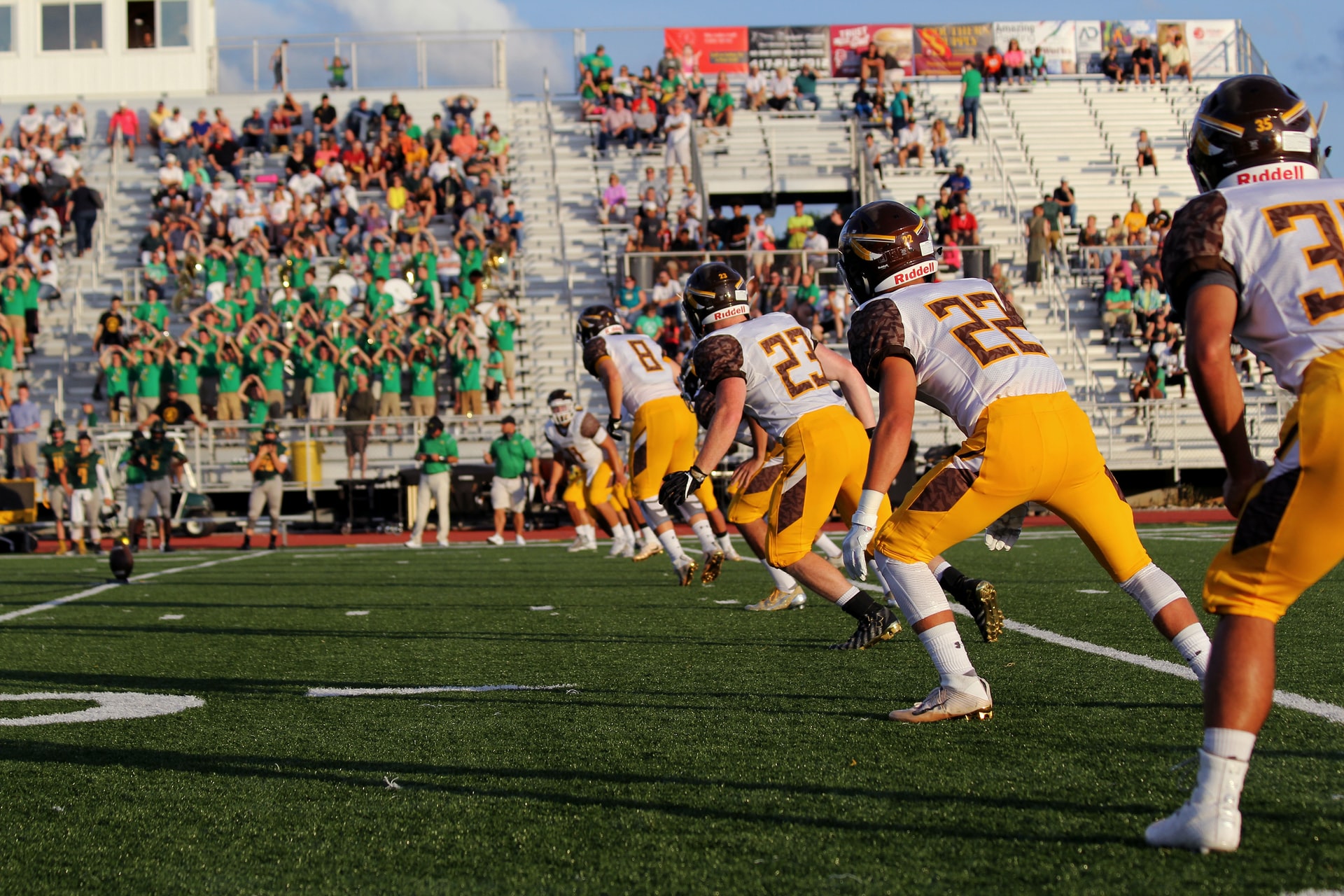The National Collegiate Athletic Association (NCAA) remains steadfast in retaining amateurism in collegiate sports. The association petitioned the US Supreme Court on Thursday to avoid having to give players more than their current compensation, which is restricted to the cost of attending college.
However, just a day prior, the association announced that they were one step closer to implementing changes that allow players to profit from promotional activities, such as product endorsements and autograph sales.
These so-called name, image, and likeness rules (NIL) rules refer to a student athlete’s capacity to profit from their name without affecting their student-athlete status. Prior to October 2019, athletes would be disqualified from playing if they accepted such payments.
The proposed NIL rule changes are subject to a final vote in January.
“This is an important milestone in the progress toward modernizing Division I rules to better support student-athletes in all of their endeavors,” said Council chair M. Grace Calhoun, athletics director at Pennsylvania.
While the NCAA’s two actions appear contradictory, both are on separate tracks with money coming from two different potential sources.
Preserving Amateurism
The NCAA’s petition to the Supreme Court is related to a lawsuit against the association by plaintiffs that included Shawne Alston, the former running back for West Virginia.
In March 2019, US District Judge Claudia Wilken issued a permanent injunction, concluding that the NCAA did not have the authority to limit compensation, or benefits related to education, to athletes. The court also ruled that the NCAA’s actions were an unreasonable restraint on trade.
College athletes are “paid” with a scholarship, but the reality is that kids in these big programs are full-time athletes. Many of them don't graduate or, if they do, they don’t get the same education as their peers. It's time for that to change. https://t.co/N8nCJXtgwq pic.twitter.com/0ocUXww7Wf
— Chris Murphy (@ChrisMurphyCT) July 25, 2019
NCAA’s Thursday petition argues that Wilken’s decision blurred the line between professionalism and amateurism since it removed the limit on what a university could offer potential student athletes in scholarship funding.
“The decision allows unlimited payments to student athletes, so long as payments like uncapped internships can somehow be described as ‘related to education,’” it stated.
Allowing student-athletes to get paid for their play would make them professionals, which eliminated the difference between collegiate and professional sports, the petition concluded.
The NCAA hopes that it can secure a hearing from the Supreme Court, justifying that NCAA sports are a big part of American life.



